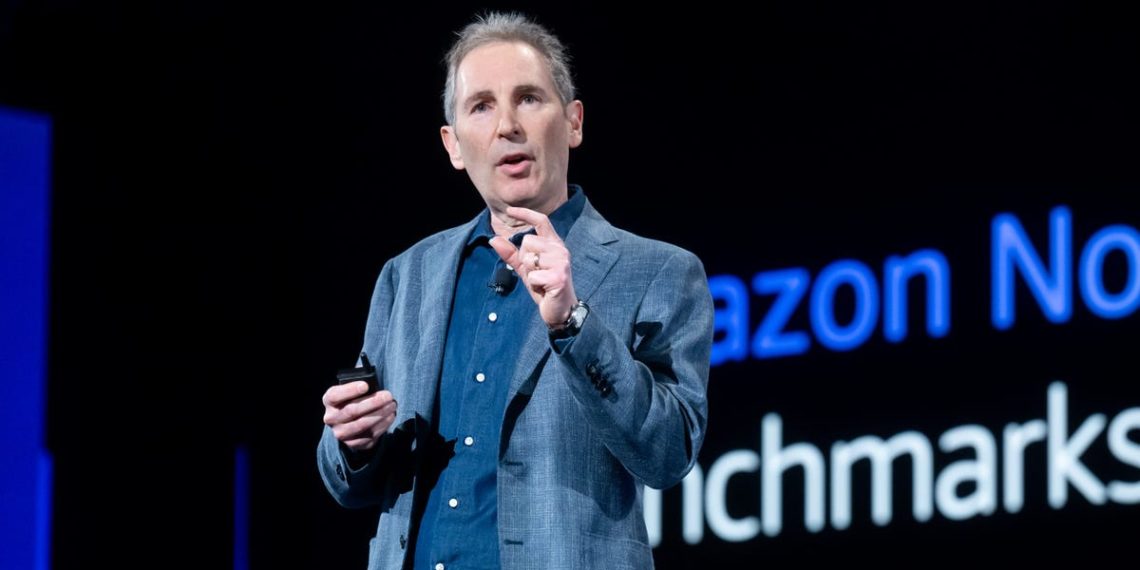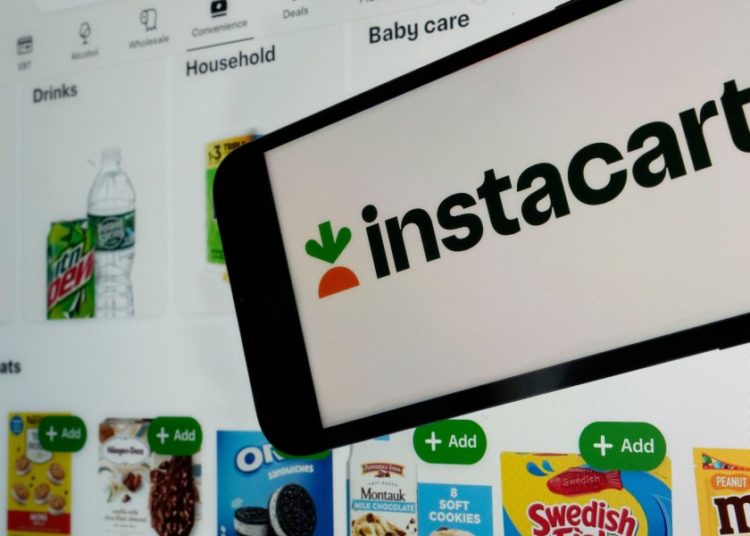
Justin Sullivan/Getty Images
Artificial intelligence is gaining ground in healthcare, and tech’s biggest players are racing to stake their claims.
Many tech giants have been building healthcare businesses long before the AI boom. Amazon, for example, invested heavily in the industry when it acquired primary care provider One Medical for $3.9 billion in 2022.
Now, those tech powerhouses are sharpening their healthcare strategies with AI at the center. Chipmaker Nvidia has rapidly expanded its healthcare ambitions in the past two years, aiming to tackle everything from surgical robotics to drug discovery.
Their healthcare ambitions reflect a broader shift: as AI advances, Big Tech sees fresh opportunities for transformation — and revenue — in the complex industry.
From AI-powered wearables to robotic surgery, here’s how tech’s most powerful companies are investing in healthcare AI.
Microsoft: Doubling down on its healthcare cloud
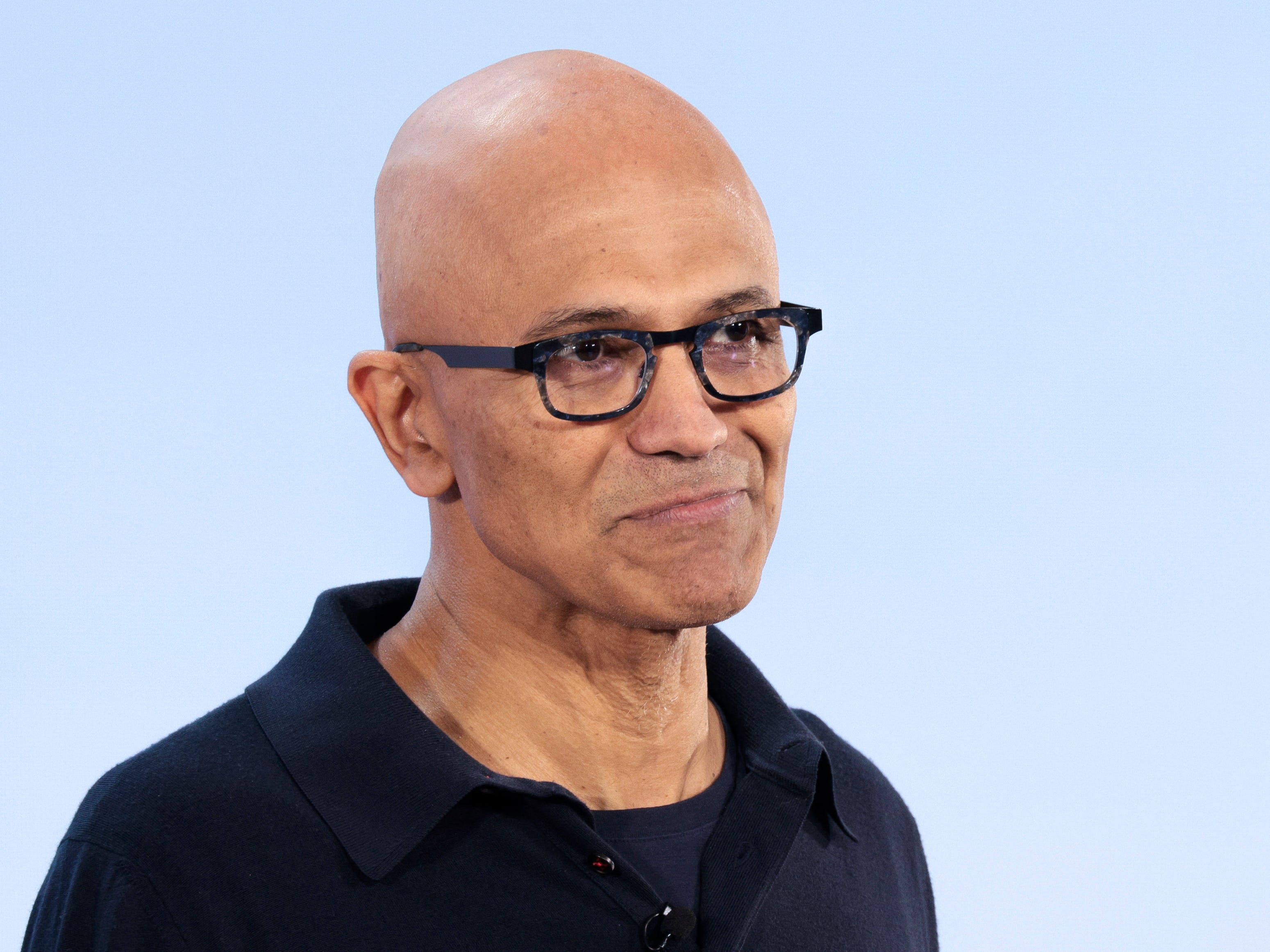
Jason Redmond / AFP/ Getty Images
Microsoft first entered healthcare nearly two decades ago. Now, it’s integrating AI into its cloud solutions to automate hospital operations.
Microsoft bought the ambient intelligence company Nuance in 2022 for nearly $20 billion. Nuance dominates the market for AI-powered medical scribing, though it now faces tough competition from startups like $2.75 billion Abridge. Its latest release is Dragon Copilot, a solution Microsoft announced in March that integrates the company’s voice dictation tech with Nuance’s ambient listening, in a move the company said would help doctors save even more time documenting patient visits.
In an October 2024 KLAS report, most healthcare organizations said they considered Nuance when purchasing a clinical documentation solution, in part due to prior contracts with Microsoft and the company’s extensive healthcare software suite. The tech giant is integrating AI into those other healthcare cloud offerings to organize and analyze medical records and automate tasks like patient scheduling and paperwork.
Microsoft also partners with Nvidia to combine Nvidia’s AI tech with Microsoft’s cloud solutions to power advanced healthcare and biopharma research and better medical imaging.
Apple: Banking on AI-powered consumer health tracking

Apple
Apple’s AI efforts have been understated compared to its peers, as have its healthcare investments.
Much of Apple’s healthcare attention to date has focused on its Apple Watch, which includes several AI-powered health features for consumers, from AI-powered fall detection and irregular heartbeat tracking to sleep analysis.
After Apple released its augmented reality headset Apple Vision Pro last year, the company said multiple healthcare organizations were using the new tech for various applications, including reviewing patient surgical plans or training clinicians to use new medical devices.
Apple’s next big health AI push could be on the horizon. Bloomberg News reported at the end of March that Apple was developing an AI-powered health coach to provide personalized lifestyle recommendations based on its consumers’ health data, as tracked through devices like the Apple Watch and iPhone.
TK APPLE COMMENT
Nvidia: Bringing “physical AI” to the hospital

HLTH
Chip giant Nvidia is digging into a wide range of healthcare specialties, from radiology to drug discovery, primarily by partnering with other healthcare companies.
Nvidia VP of healthcare Kimberly Powell told Business Insider in April that medical imaging was one of Nvidia’s entry points into healthcare. The company has notched a number of medical imaging partnerships powered by its AI platforms, most recently with GE Healthcare in March. GE Healthcare plans to use Nvidia’s tech to simulate autonomous medical imaging, including autonomous X-rays and ultrasounds, to test their application in physical medical devices.
It’s a similar collaboration to Nvidia’s existing deal with IT solutions provider Mark III to work with healthcare systems to create simulations of their hospital environments for AI development. “Physical AI,” or AI that can analyze and interact with the physical world, is a key part of Nvidia’s vision for healthcare.
“This physical AI thing is coming where your whole hospital is going to turn into an AI,” Powell told BI in November. “You’re going to have eyes operating on your behalf, robots doing what is otherwise automatable work, and smart digital devices. So we’re super excited about that, and we’re doing a lot of investments.”
Nvidia is also an investor in several healthcare startups, most notably clinical documentation startup Abridge, which raised $250 million in February from investors including Nvidia’s venture arm NVentures at a $2.75 billion valuation, and Hippocratic AI, which raised $141 million in Series B funding from NVentures and other firms at a $1.64 billion valuation.
It’s also partnered with many of its portfolio companies, such as Moon Surgical, a robotics company that uses Nvidia’s medical device AI platform Holoscan for its surgical assistant robot.
Amazon: Adding more tech to consumer care
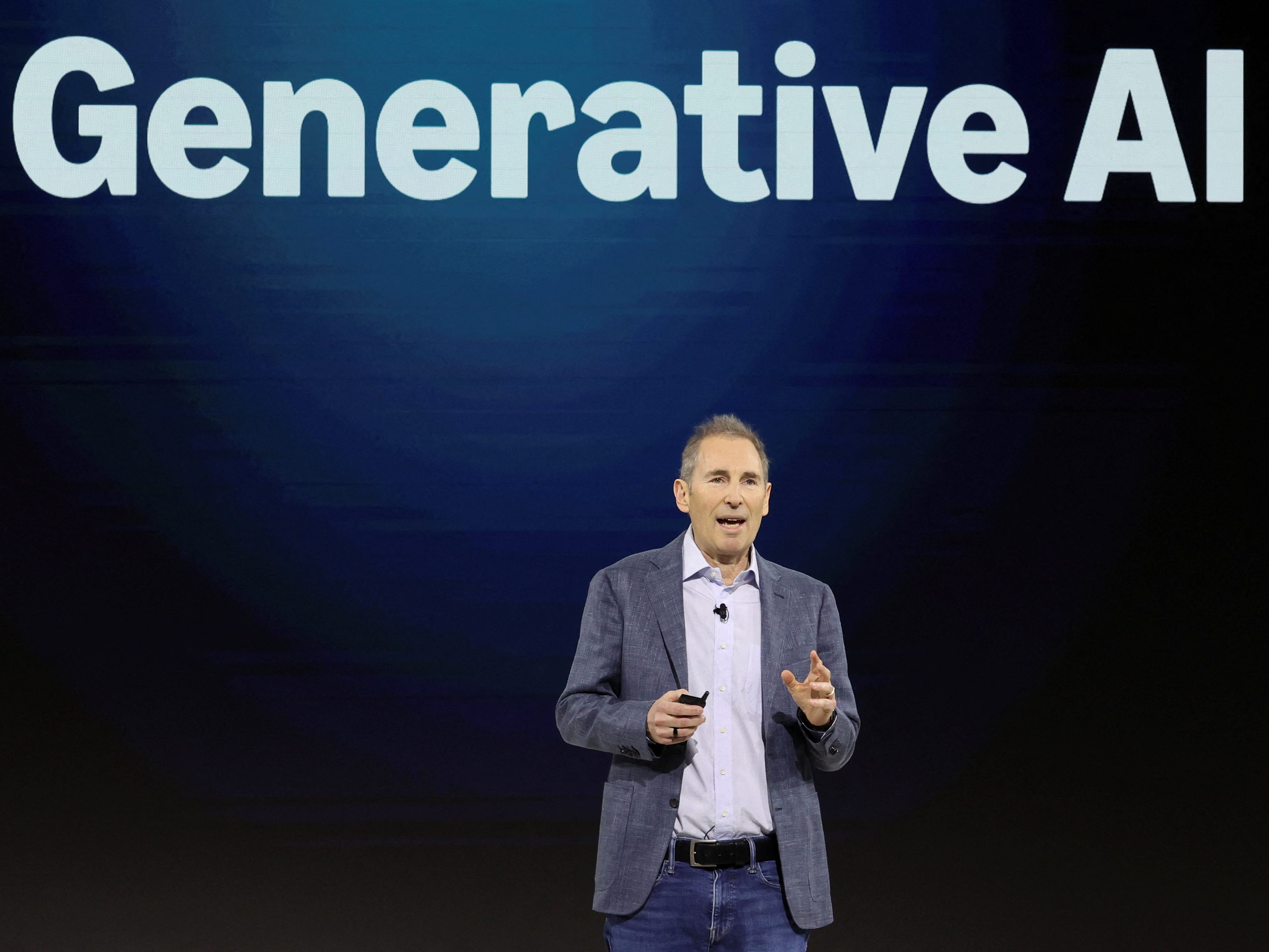
Brendan McDermid/REUTERS
Amazon is bringing AI to doctors, patients, and pharma companies across its healthcare businesses.
In March, Amazon announced it was testing a new chatbot feature called Health AI, which the company says can give users advice and suggest products for common medical needs. The health AI assistant can direct users to Amazon’s online pharmacy or to talk to a doctor at its primary care chain, One Medical, for further care. An Amazon spokesperson told BI that the chatbot is in beta, and the retailer is collecting feedback from customers and working on new features for its AI assistant.
The retail giant also offers its own medical transcription tool, called HealthScribe, which analyzes doctor-patient conversations to create clinical notes for providers. It’s one of several AI capabilities that One Medical’s clinicians use, in addition to features that assist with patient messaging and care coordination.
Amazon provides a number of generative AI tools through Amazon Web Services for life sciences companies, too. Genentech and AstraZeneca, for example, have used AWS’s AI tools for drug discovery research and clinical trial tasks.
Amazon has also suffered more false starts in healthcare than its peers. The retailer shut down its telehealth service Amazon Care in 2022, three years after its launch, and discontinued its wearable fitness tracker Amazon Halo in 2023. Last year, One Medical came under fire after media reports and a malpractice lawsuit raised concerns about the primary care chain’s patient safety practices. An Amazon spokesperson said that the company is prohibited by law from discussing patient records, but that One Medical has extensive quality and safe measures in place for patient care.
Alphabet: Powering better health research with foundation models and search tools
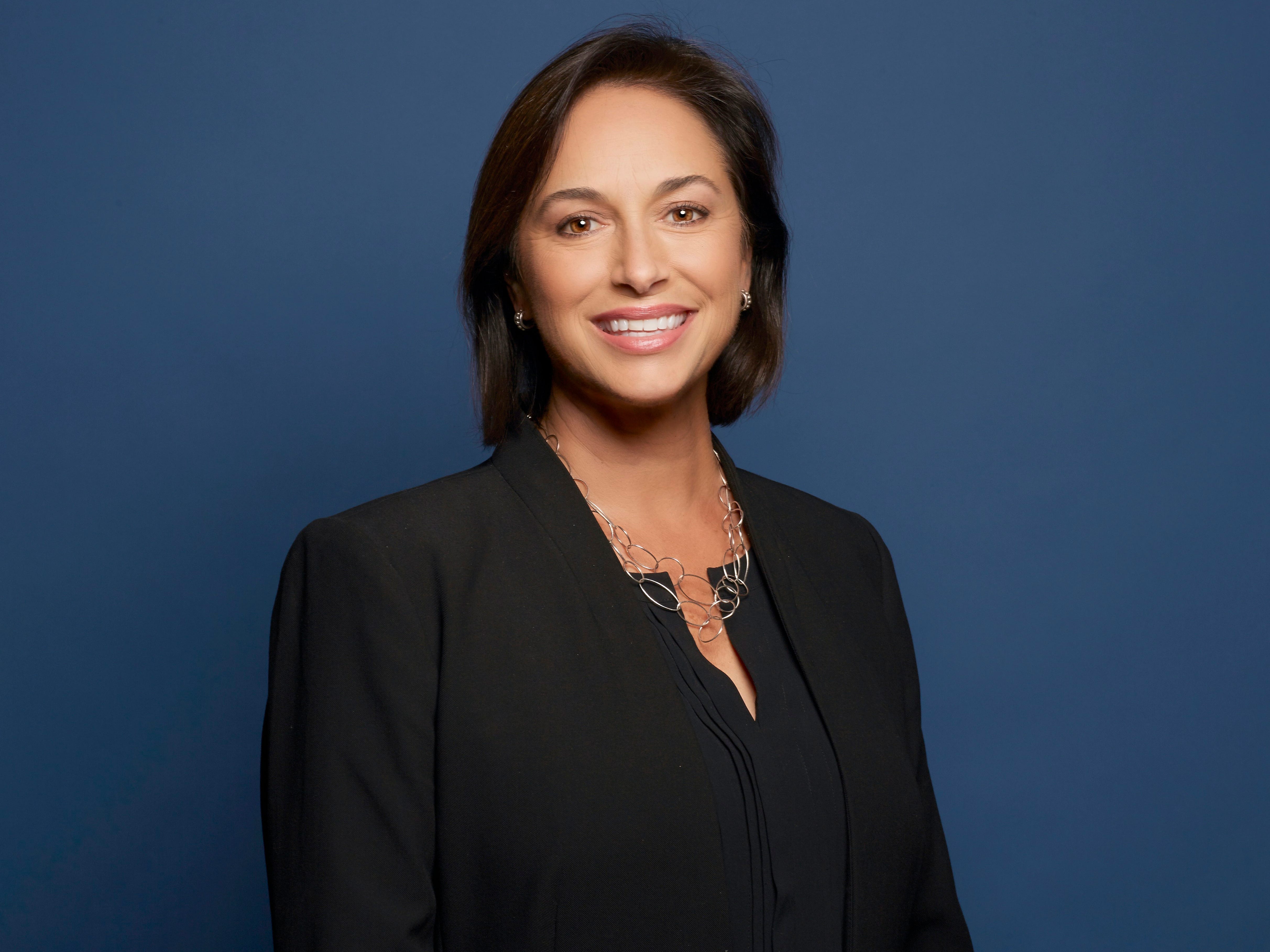
Google Health
Alphabet has created several healthcare AI tools that build upon Google’s core search capabilities, with a focus on healthcare-specific foundation models.
Google launched MedLM, a set of healthcare foundation models, in 2023 to enable tech to summarize patient-doctor conversations, conduct clinical research, and automate insurance claims processing. In October, it announced Vertex AI Search for Healthcare, a specialized search engine that gives clinicians answers to their medical questions about a patient’s health records or medical documents. It’s also built a research AI system designed to assist with patient diagnosis, which can analyze data such as medical images and simulate patient-provider interactions.
On the consumer front, Google has released a number of tools with health applications, such as Google Lens, which allows people to take a picture of their own skin and search for visually similar skin conditions. It’s also working on personal health AI models that can interpret sleep and fitness data to offer personalized wellness suggestions.
Isomorphic Labs, Alphabet’s AI research arm spun out of Google DeepMind, has partnered with pharma giants like Novartis and Eli Lilly on more efficient drug development, building on DeepMind’s AlphaFold protein structures.
Dr. Karen DeSalvo has led Google’s health initiatives since 2019. At the beginning of May, she announced her retirement as chief health officer; Google Health chief clinical officer Dr. Michael Howell will replace her when she steps down in August.
Oracle: Leveling up health records with AI
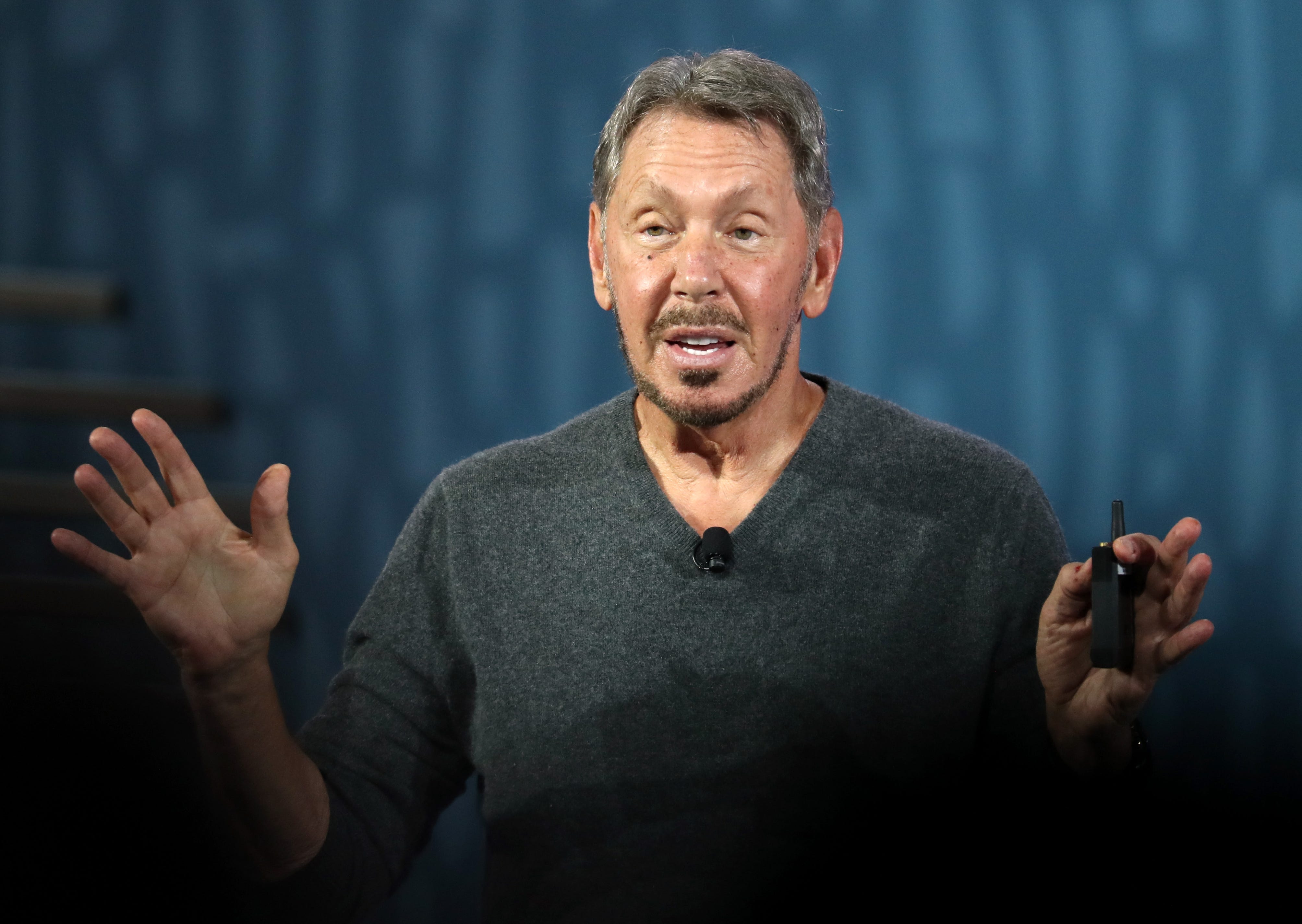
Justin Sullivan/Getty Images
Oracle’s long-awaited plans to revolutionize electronic medical records with AI will come to fruition this year, according to the tech company.
In October, Oracle unveiled its “next-generation” electronic health record system, which the company said would incorporate several of Oracle’s cloud and AI capabilities, including clinical AI agents, search capabilities, and patient data analytics. Its goal is to seamlessly integrate AI into providers’ workflows and automate healthcare administrative tasks. The AI-powered EHR is slated for release to early adopters this year, the company said.
Oracle made its biggest investment toward this goal in 2022, when it bought EHR company Cerner for $28.3 billion and rebranded it as Oracle Health. Its efforts to transform Cerner have hit a number of snags, however. BI reported in May 2024 that flaws in Cerner’s EHR rollout at the Department of Veterans Affairs led to thousands of medical orders vanishing, resulting in delayed or missed treatments for many veterans, and leaving Oracle scrambling to fix Cerner’s tech after the acquisition.
Oracle is also financially backing Stargate, a joint venture with OpenAI, SoftBank, and investment firm MGX, to invest up to $500 billion in US-based AI infrastructure. Oracle cofounder and executive chairman Larry Ellison said in January that the team is working on tools for advancing disease detection, including cancer detection, with AI.
Salesforce: Selling ready-made health AI agents
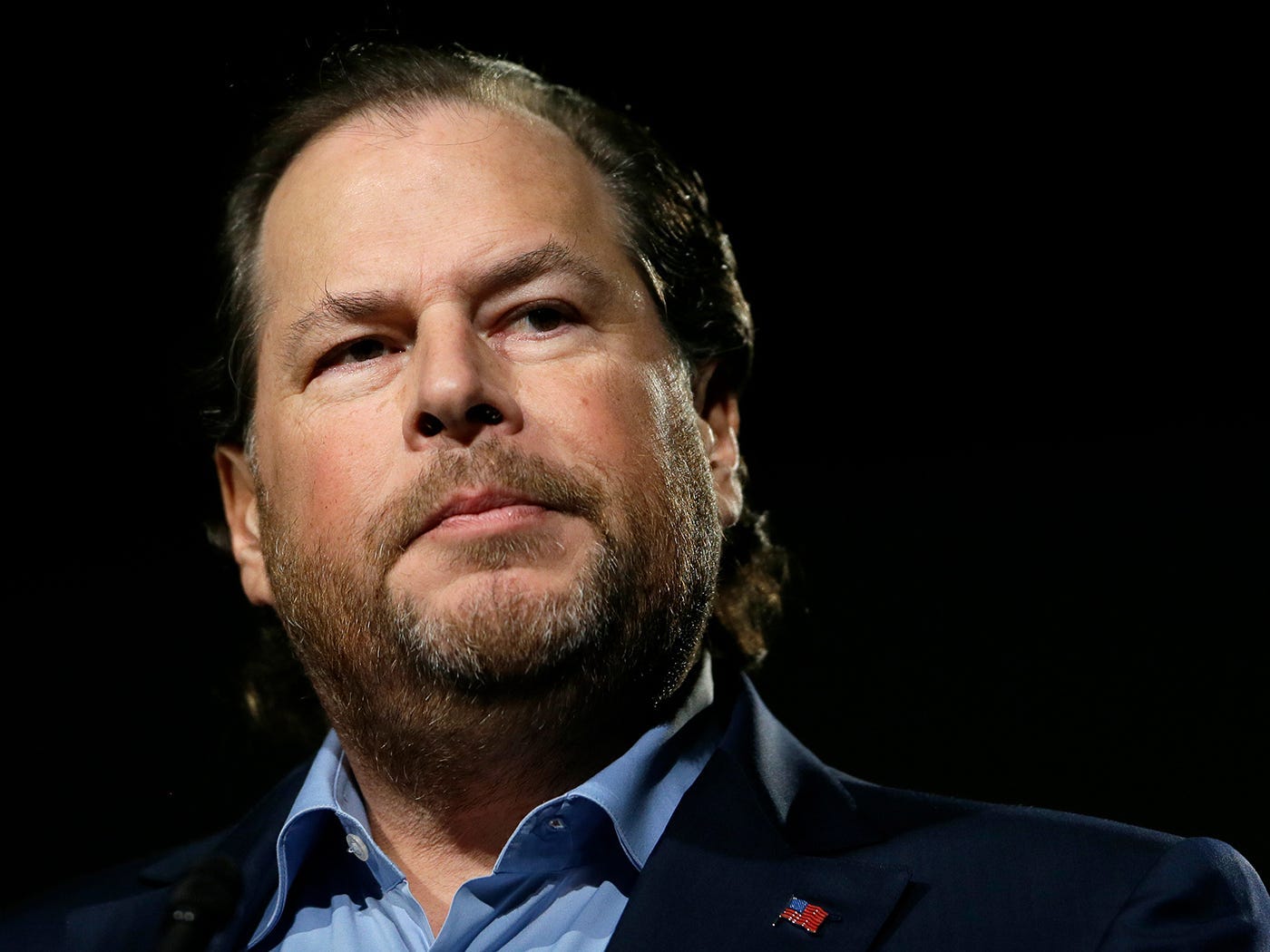
Eric Risberg/ AP Images
Salesforce is jumping onto the AI agent trend with a range of pre-built AI assistants for healthcare organizations.
In February, the cloud-based software company announced Agentforce for Health, a library of AI agents that healthcare companies can use to automate patient tasks like appointment booking, provider tasks like summarizing a patient’s medical history, and life sciences tasks like clinical trial matching. Salesforce also landed a partnership with electronic health record company Athenahealth to integrate Agentforce for Health capabilities into Athenahealth’s EHR.
The agentic AI release builds on Salesforce’s previous healthcare assistant tool, Einstein Copilot, which launched in March 2024 to allow providers to query patient data as consolidated in Salesforce’s Health Cloud.
Salesforce is also powering new AI platforms created on its Health Cloud, such as Blue Shield of California’s AI-powered prior authorization tech, which the two companies said would enter testing in early 2025.
Palantir: Partnering with health systems on AI transformation
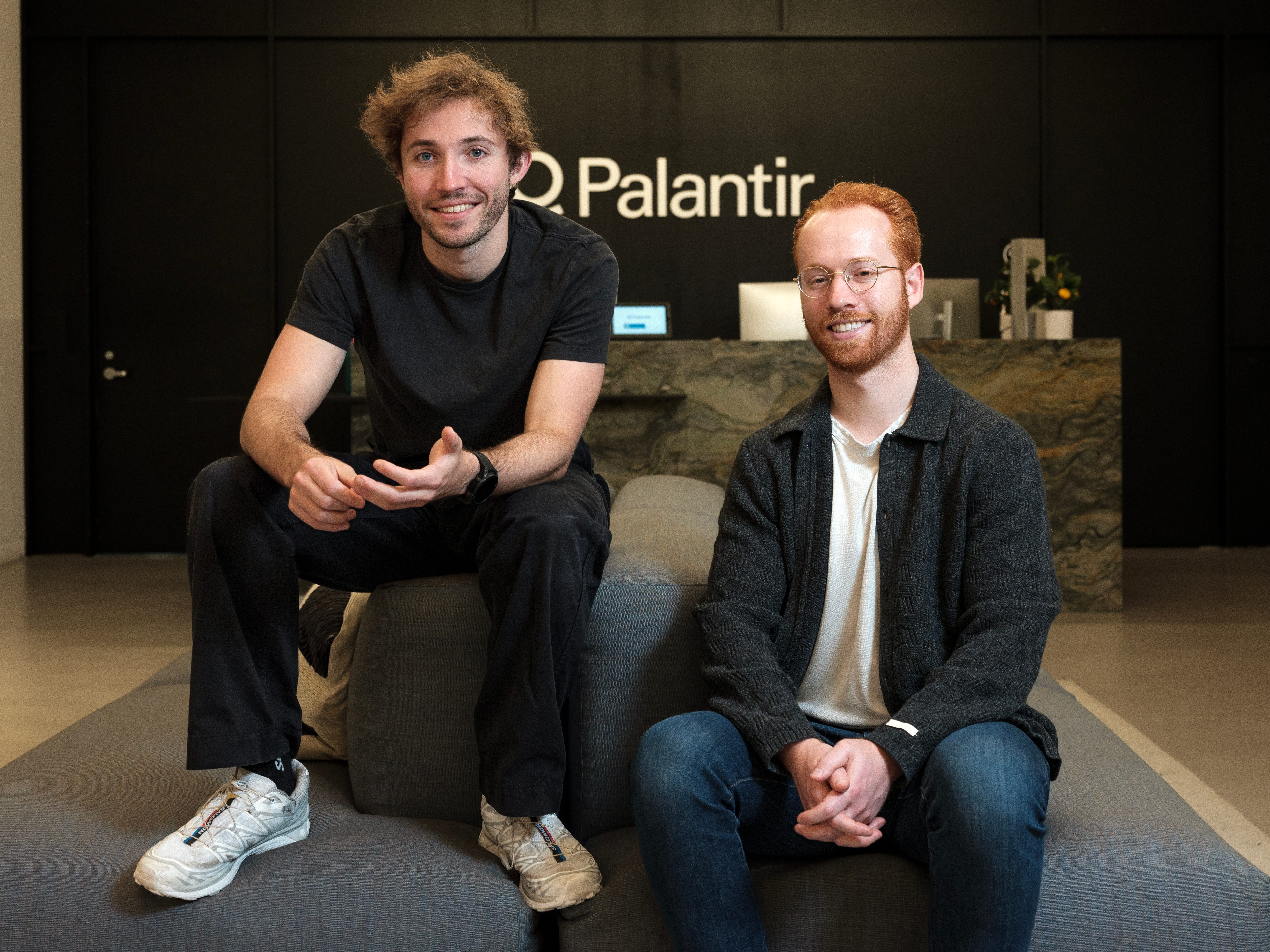
Palantir
Palantir is primarily known for its billions of dollars in defense tech contracts with the US government. But it’s also spent the past four years building out a healthcare business, working with top healthcare systems to improve their operations with AI.
Palantir works with health systems including Cleveland Clinic, Tampa General, and Nebraska Medicine to automate key hospital functions, including revenue cycle management, staffing and scheduling, and patient flow, co-heads of healthcare Jeremy David and Drew Goldstein told BI in April.
Palantir said in May it would work with the Joint Commission, a nonprofit that evaluates healthcare organizations for accreditation, to streamline the Joint Commission’s data collection process and help hospitals manage their quality standards using Palantir’s AI and analytics.
Palantir is also partnering with R1 RCM, the AI-powered revenue cycle management company acquired by TowerBrook and CD&R in an $8.9 billion take-private deal in August. Beyond its partnerships, Palantir aims to equip more healthcare startups with its AI tools through its software platform HealthStart.
The post How tech’s biggest powerhouses from Amazon to Nvidia are betting on healthcare AI appeared first on Business Insider.
